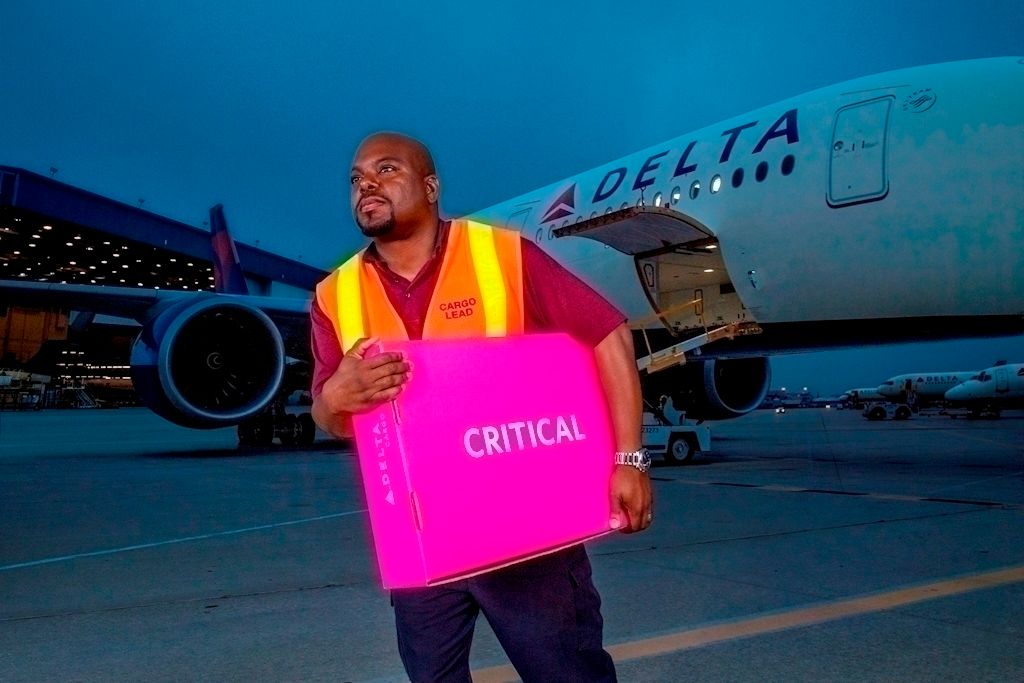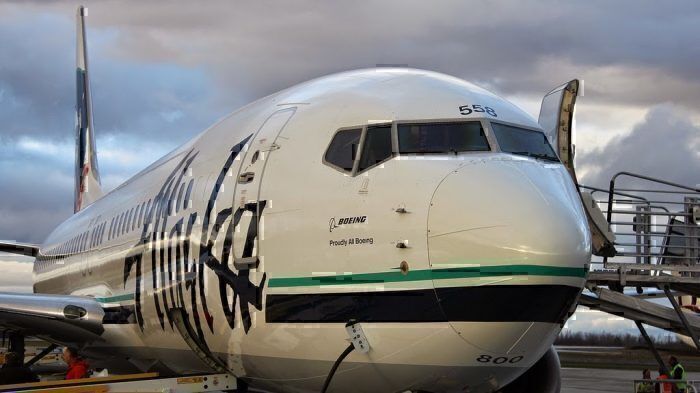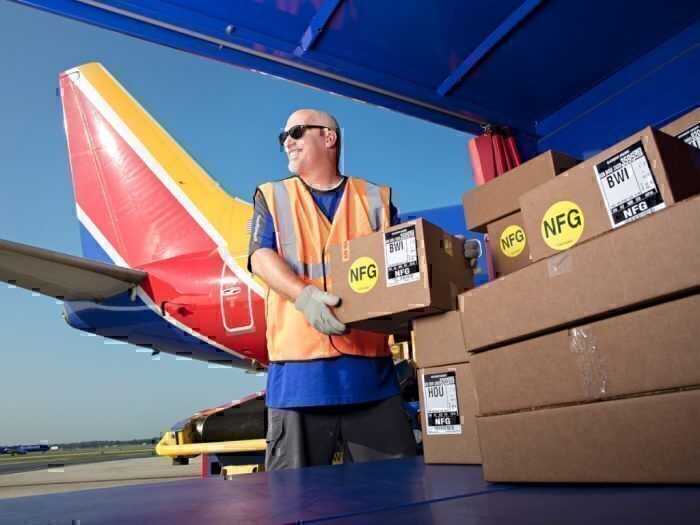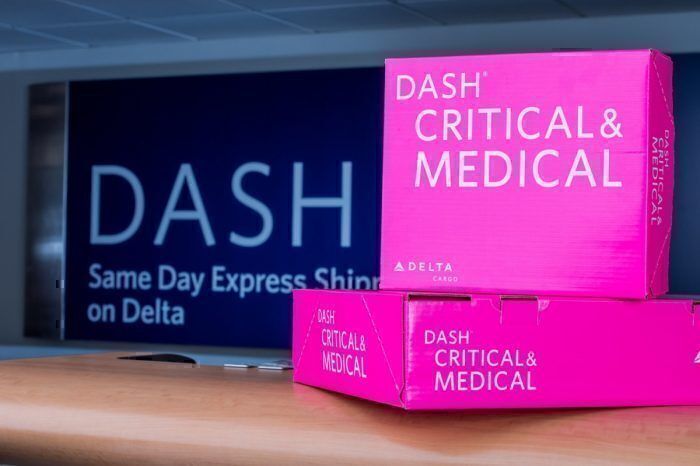Thousands of kidneys and pancreases are shipped on commercial flights all over the US each year. In fact, one in six transplanted kidneys in America will have arrived on a commercial flight. Southwest Airlines, Delta Air Lines, American, United and Alaska even have special services for these time-critical packages. Will your next flight have a human organ in the hold?
We’ve heard some stories of strange things being transported by plane. Most of these tales are about exotic and bizarre animals, but there could be something much stranger lurking on your next domestic US flight.
Many of the major US airlines are used to transport human organs from place to place. Research published today shone a light on this practice, with at least 10 per day being moved in this manner around the US. Most of the organs are kidneys, with the odd pancreas traveling in the cargo hold too.
And you would never know, unless you caught a lucky glimpse of the box being loaded on board.
Things don’t always go to plan
Given the number of delays, lost baggage and canceled flights we have to endure as passengers, it shouldn’t come as a surprise to learn that transplant shipping isn’t always without its issues. Kaiser Health News’ research has found that kidneys and pancreases are just as at risk of having their flights messed up.
According to the report, between 2014 and 2019, almost 170 organs could not be transplanted due to problems with transportation. A further 370 were what the researchers are calling a ‘near miss’, where delays of more than two hours have occurred. The report quotes Dr. David Axelrod, a transplant surgeon at the University of Iowa, as saying,
“We’ve had organs that are left on airplanes, organs that arrive at an airport and then can’t get taken off the aircraft in a timely fashion and spend an extra two or three or four hours waiting for somebody to get them.”
Although airlines including United, Delta, American, Alaska and Southwest do have special cargo services for this type of critical cargo, the boxes usually travel just like any other piece of cargo. They do get priority boarding and expedited unloading, but otherwise, they tend to travel like just any other box.
But most arrive successfully
Some airlines are going above and beyond to ensure this precious cargo gets to its destination safely. Delta Air Lines, for example, is using GPS tracking on every priority shipment, a category of cargo it calls ‘Dash Critical’. It also packages the box in its own unique bright pink packaging to ensure it’s highly visible. More importantly, both the shipper and the recipient can monitor the package’s progress via the GPS real-time tracking facility.
And these efforts aren’t going to waste. Don Jones, chief executive of the Nationwide Organ Recovery Transport Alliance and who oversees around 400 organs a year on commercial flights is quoted as saying,
“I would say 99.8% of our transports on commercial airlines go perfectly fine.”
Dr. Kevin O’Connor, chief executive of LifeCenter Northwest was similarly supportive of this, saying,
“For over 30 years and literally tens of thousands of organs being transported. I can count on the fingers of one hand the number of times that, because of a transportation glitch, an organ was ultimately not transplanted.”
Clearly, even one organ going to waste because of a transportation problem is too many, particularly for the families of the donor. However, as more airlines move to GPS tracking, this number should be driven down.




